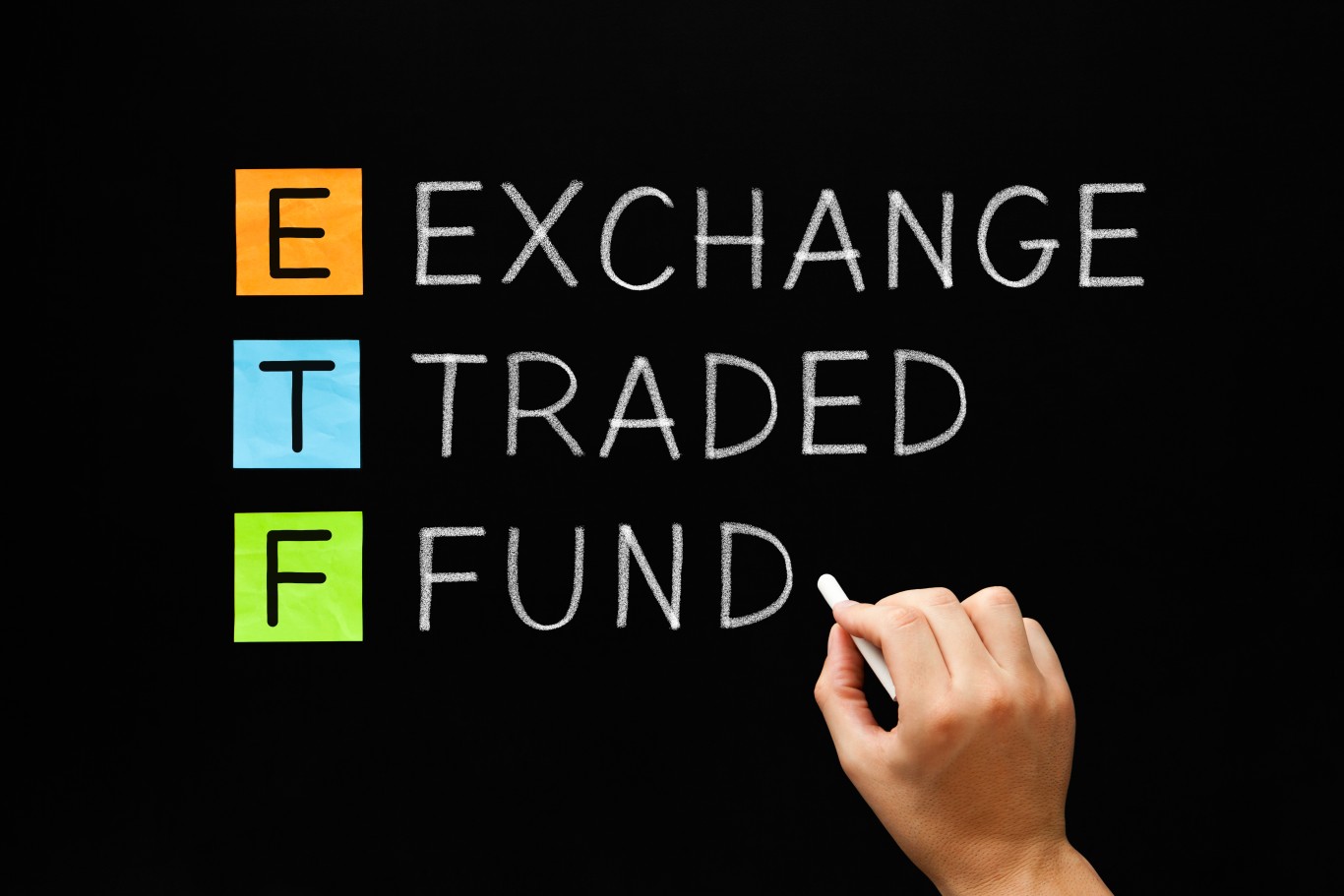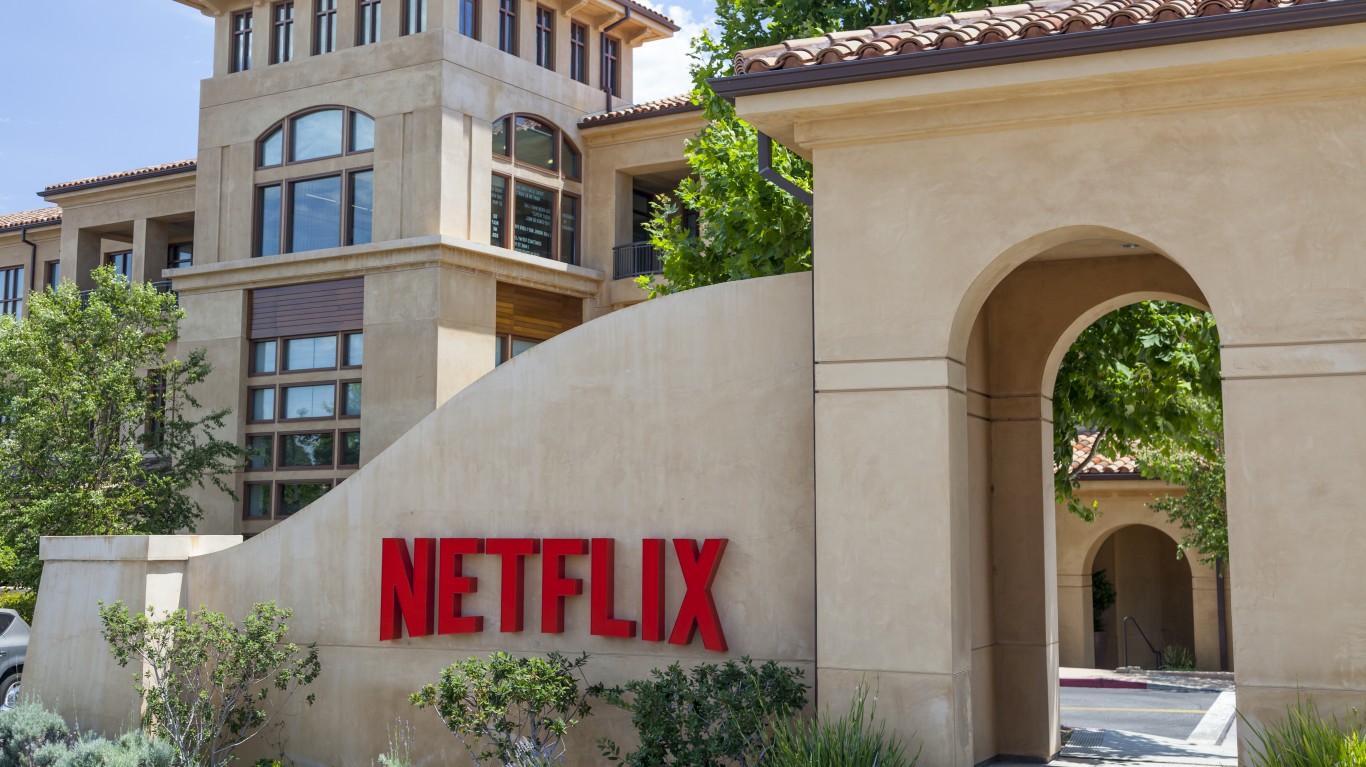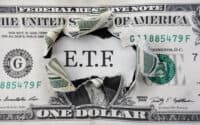The bull market may be five and a half years old, but stocks have been fighting each week to hit newer highs. The Dow Jones Industrial Average (DJIA) was up only 3.4% as of Tuesday’s mid-day trading, but the DJIA was up 11% from the lows seen at the start of February. 24/7 Wall St. wanted to track the best-performing Dow stocks of 2014.
It turns out that 10 of the 30 members of the DJIA were up more than 10% so far in 2014. That is substantial, particularly when we were looking for very muted upside in our first preview of the expected DJIA performance in 2014.
We have offered here a review on the 10 best DJIA stocks of 2014. Included is each stock’s price in its 52-week trading range, and each stock’s consensus analyst price target. Also included is a review of the trading history and market cap. Detailed color has been added on each as well, as well as the yield of each dividend to see how that has played into performance so far this year and what the dividend means versus the analyst target price.
While technology and health care are represented, there is an absence of key financial stocks and industrial conglomerates in the mix. These are the 10 best DJIA stocks so far in 2014.
DuPont
> Gain in 2014: 12.3%
> Div. Yield: 2.8%
> Share Price: $71.13
> Mean Price Target: $70.44
> 52-Wk. Range: $56.46 – $72.15
> Market Cap: $65.43 billion
E.I. du Pont de Nemours and Co. (NYSE: DD) is among the 10 best Dow stocks so far in 2013, which comes with some irony since it is under activist pressure from Nelson Peltz and Trian to break up the company. Much of its gain in 2014 has been in September. DuPont had taken some smaller activist-pleasing efforts prior to outside pressure, but that hasn’t been enough to appease an aggressive activist. The company comes with a solid dividend of 2.8%, it is among the top position among peers and competitors in most of its businesses, and it is a would-be winner in the global growth theme. Still, DuPont remains a boring company to most investors, and its stock price is just above its consensus price target.
ALSO READ: 6 More Expected Dow Dividend Hikes Before 2014 Ends
Caterpillar
> Gain in 2014: 13.2%
> Div. Yield: 2.8%
> Share Price: $100.52
> Mean Price Target: $113.05
> 52-Wk. Range: $81.87 – $111.46
> Market Cap: $63.35 billion
Caterpillar Inc. (NYSE: CAT) has been a very big surprise performer in 2014. The company’s international business remains pressured in its key growth markets, and North America has been the market that is driving the equipment machine forward. Investors are still hoping for global growth to resume, but mining has simmered down and the company’s forward P/E ratio for 2015 of just under 14 remains a discount to the broader market. Amazingly, analysts still see another 10% in share price upside, plus that dividend that is nearing 3% now. Caterpillar attracted value buyers at the start of 2014, and now the question seems to be whether they will chase it up because of a cheap earnings multiple.
Home Depot
> Gain in 2014: 13.4%
> Div. Yield: 2.3%
> Share Price: $91.89
> Mean Price Target: $95.92
> 52-Wk. Range: $73.74 – $93.75
> Market Cap: $123.68 billion
Home Depot Inc. (NYSE: HD) probably feels like it can call Target up on the phone and say “eat your heart out!” as its data breach of 56 million cards or so should have had a massive impact. The consensus view is that the financial and psychological damage will be smaller here. Analysts still see another 5% upside, before taking the dividend into consideration, but investors have to wonder how much upside lies ahead at almost 18 times expected earnings for more than a year out. Still, homebuilders are getting more confident, and better times are leading more homeowners to undertake remodeling or home improvement projects.
Cisco Systems
> Gain in 2014: 15.3%
> Div. Yield: 3.0%
> Share Price: $24.73
> Mean Price Target: $26.18
> 52-Wk. Range: $20.22 – $26.08
> Market Cap: $127.33 billion
Cisco Systems Inc. (NASDAQ: CSCO) has so far managed to claw its way back from some of its problems in Asia and other markets, but the image of the company seems lower of late as it recently announced yet another 6,000 layoffs that will cost $700 million to enact. John Chambers is now the last of the big public technology CEOs who has been in place since the mid-1990s, and one has to wonder what a post-Chambers Cisco will look like, on top of the layoffs in recent years. Still, Cisco trades at only about 11 times expected earnings next year, and it has a high 3% dividend yield — and analysts still see another $1 or more in upside.
Disney
> Gain in 2014: 16.8%
> Div. Yield: 1.0%
> Share Price: $88.62
> Mean Price Target: $94.32
> 52-Wk. Range: $63.10 – $91.20
> Market Cap: $153.27 billion
Walt Disney Co. (NYSE: DIS) has just continued to be a machine. The Mouse House is almost certain to have another big dividend hike toward the end of 2014, and in just over a year the Star Wars fever will be larger than the Force itself. All recent growth has taken place without the benefit of Star Wars movies and merchandise. Disney has proven to have pricing power at its theme parks, and it just keeps turning out hits from its studios, with Pixar and Marvel now in the mix. While the consensus price target implies upside of about 5%, plus the dividend, some analysts have started to lay out the path for Disney shares to be at $100 or so next year.
ALSO READ: Five Things That Will Drive Stocks Higher
UnitedHealth
> Gain in 2014: 18.0%
> Div. Yield: 1.8%
> Share Price: $86.98
> Mean Price Target: $92.19
> 52-Wk. Range: $66.72 – $88.85
> Market Cap: $85.28 billion
With Affordable Care Act underway, not many investors would have guessed that UnitedHealth Group Inc. (NYSE: UNH) would be among the best-performing Dow stocks in the fifth year of a raging bull market. Analysts still see good upside to the consensus price target as well, and the 1.8% dividend yield likely has a lot of wiggle room to be raised down the road. This is the largest health insurer now, and it claims to cover 85 million people on a worldwide basis. With health care costs expected to rise each year, and with its ability to selectively get larger, UnitedHealth is likely can keep growing. Analysts expect 6% revenue growth in 2014 and 7% revenue growth in 2015.
Johnson & Johnson
> Gain in 2014: 20.2%
> Div. Yield: 2.8%
> Share Price: $107.59
> Mean Price Target: $109.13
> 52-Wk. Range: $85.50 – $108.37
> Market Cap: $304.25 billion
Johnson & Johnson (NYSE: JNJ) has kept managing to see its shares rise, and its quality control issues of recent years seem to have abated. The dividend here keeps growing each year, but the rally in the stock keeps the stock valued at 17 times next year’s expected earnings. Analysts see only little more than $1 in implied upside from the current share price, before considering that 2.8% dividend yield. The question is where the growth will come from. Analysts see 5% revenue growth in 2014 and 3% revenue growth in 2015. If this stock ever gets stuck, it is easy to imagine that activist investors will go after Johnson & Johnson, with its $300+ billion market cap.
Merck
> Gain in 2014: 23.8%
> Div. Yield: 3.1%
> Share Price: $60.45
> Mean Price Target: $62.61
> 52-Wk. Range: $44.62 – $61.33
> Market Cap: $174.75 billion
Merck & Co. Inc. (NYSE: MRK) may seem surprising to be the third best-performing Dow stock of 2014, but the opportunity of reorganization and the debate around tax inversions (which was just given a proposed change) has the investment community mysteriously excited about Big Pharma stocks again. Still, Merck did not harm its image as badly as Pfizer did with its inversion attempt, which currently appears to have failed. Something has to be exciting outside of the obvious because Merck is expected to have a drop of 3% in 2014 revenue, followed by another 3% revenue drop in 2015. Analysts still see more than $2 upside in Merck, plus there is that dividend yield north of 3% that draws defensive investors who are looking for dividends to insulate themselves against potential market sell-offs.
Microsoft
> Gain in 2014: 28.4%
> Div. Yield: 2.6%
> Share Price: $46.68
> Mean Price Target: $47.93
> 52-Wk. Range: $32.15 – $47.57
> Market Cap: $387.77 billion
Microsoft Corp. (NASDAQ: MSFT) is the second best Dow stock so far in 2014. Just like Intel (see below), that is far from the norm. Satya Nadella is leading his charge with a “Cloud First” strategy, and issues such as Xbox One and Windows have helped things as well. Nadella is also free to pursue most efforts he chooses, now that he has brought in new board members and now that Steve Ballmer has gone on to worry about basketball. The 2.6% yield is impressive enough for a tech giant, and Microsoft is approaching a $400 billion market cap again and still has some upside to the analysts’ target price.
ALSO READ: Stock Buybacks Starting to Slow Down as Stock Market Keeps Rising
Intel
> Gain in 2014: 37.0%
> Div. Yield: 2.6%
> Share Price: $34.71
> Mean Price Target: $33.91
> 52-Wk. Range: $22.48 – $35.56
> Market Cap: $171.85 billion
When was the last time you heard that Intel Corp. (NASDAQ: INTC) was the best-performing Dow stock? It has been a while. It turns out that the PC-era did not exactly die as the worries may have led people to believe, and Intel has started its growth in the theme of the Internet of Things, as well as processing power for things other than PCs, like smartphones and tablets. The company is still far behind in smartphones and tablets, though. Yet, guidance has been strong, and the 2.6% dividend yield is not offending investors. There is one concern now: Intel’s stock price has rallied enough this year that it is above its consensus analyst price target.
Thank you for reading! Have some feedback for us?
Contact the 24/7 Wall St. editorial team.



